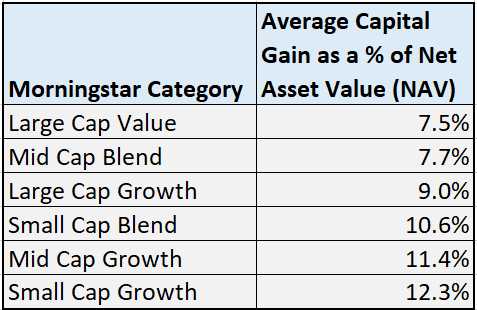We came across an article this morning on Marketwatch.com by Maria Lamagna that had some great tips on preventing credit card fraud while you are traveling abroad. We thought we would pass them on to you…
Bring some cash with you on your trip. Make a visit to your local bank before your trip to convert your cash into the foreign currency or you can convert it at the airport upon your arrival.
If you must use an ATM, it is better to use one at a bank than on the street or another non-financial institution. Examine the ATM before using it for any abnormalities. If the card reader appears not to fit, has glue on it or it is chipped it may be a “skimmer”.
Use credit cards instead of debit cards. Credit cards usually have built in protection for fraud and the credit card company can dispute the charges for you. With a debit card, cash is immediately withdrawn from your account and it can take longer for the funds to be returned to you.
Use mobile payments when you can. Transactions with services like Apple Pay use a tokenization method when making payments. This means that a new token is issued for each transaction instead of transmitting the actual credit card number making the payment more secure.
Avoid using public Wi-Fi as much as possible. Although it may be tempting to log in at the local café to save on data use it is very dangerous and an easy way for hackers to get your personal information. You should also change your password before and after traveling.
Check your account activity often. Look out for any transactions that look out of the norm so you can catch any fraudulent activity quickly. Many banks and credit cards now offer monitoring alerts that you can customize and be notified when an unusual transaction occurs.

